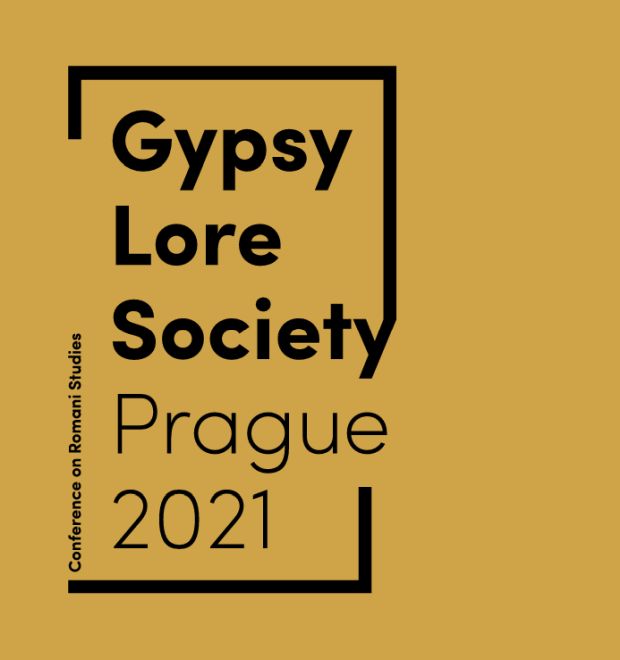Dr. sc. Danijel Vojak sudjelovao je u sklopu godišnje konferencije Gypsy Lore Society na međunarodnome znanstvenom skupu održanom na Karlovom sveučilištu u Pragu od 8. do 10. rujna 2021.
– Gypsy Lore Society: Annual Meeting and Conference on Romani Studies; Prag, September 8–10, 2021
– Gypsy Lore Society: Book of Abstracts
Tema online izlaganja dr. sc. Danijela Vojaka bila je „Marginals on the Sidelines of the Education System or on Education About the Roma Genocide in Croatia, 1945-2020“.
Marginals on the Sidelines of the Education System or on Education About the Roma Genocide in Croatia, 1945–2020
The Romani population has lived in the lands that are today part of the Republic of Croatia for over six centuries, which makes them one of the oldest minority groups. Their history of cohabitation with the majority Croatian population was often marked by repressive assimilation policies imposed on them by state and local authorities, culminating in the genocide committed by the Ustaša authorities during World War II. Even today, very little is known about the extent of this genocide committed against the Roma in the Independent State of Croatia (ISC). The marginalisation of scholarly interest in researching the genocide committed against the Roma was one of the characteristics of the communist ideological model of the authorities in socialist Croatia (Yugoslavia), which prohibited the highlighting of the ethnic identities of victim groups, and instead incorporated them into the common discourse of “victims of fascist terror”. With such ideological control, the memories of the Romani war victims were joined by those of other victims of the Ustasha authorities and its fascist and Nazi allies, which made it impossible to hold separate commemorations or to erect monuments for the Romani victims. The consequences of this policy are still felt in Croatia today; scholarly research on the genocidal suffering of the Roma remains insufficient and unsystematic.This paper will analyse the question of how the education system in Croatia, after the end of World War II, addressed or perceived the topic of the genocide of the Roma. The analysis will cover textbooks and history manuals which have been published and used in the teaching of history in primary and secondary schools from 1945 to the present. In particular, the paper will analyse the issue of comparison in relation to the suffering of other nations, such as Jews, with respect to the suffering of Roma during World War II in Croatia.
